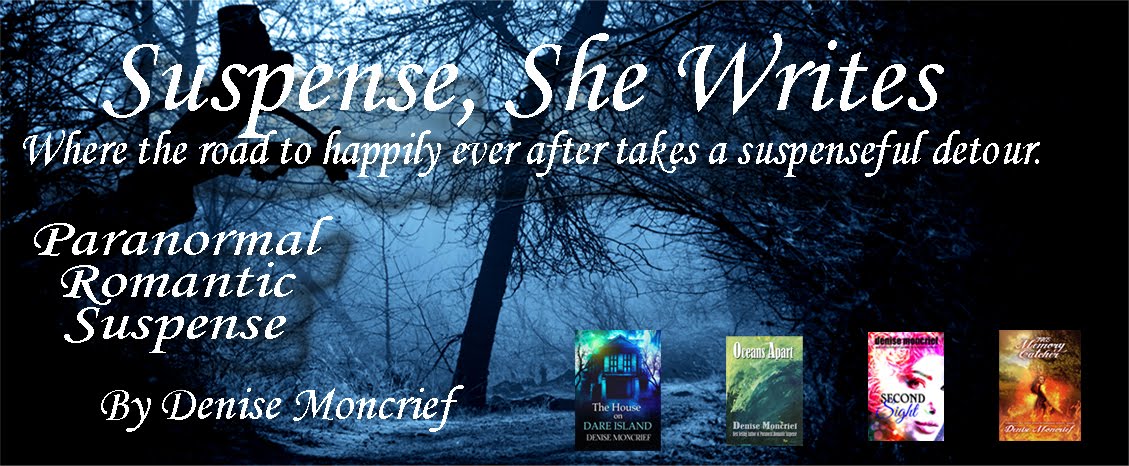Repeating the same word or words over and over and over
makes me cringe. I cringe when I see the same word or words again and again and
again. Nothing makes me cringe more than repeated words. Okay, you get my point
already, right?
There are only so many plot lines available for a writer to
choose from. It’s all been done before. What the writer does different with a plot line provides
renewed interest to a theme that has already been tackled by someone else.
Readers expect writers to provide compelling stories that offer variety and
something fresh to an old idea. Tired phrasing and repeated words create hitchy
moments in narrative. Don’t give your reader any reason to toss your book aside
because she’s already read another book with the same plot.
Just like sentence structure should be varied, so should
word choice. I am guilty of having “go to” words and phrases. It seems the
phrase an emotion that she couldn’t quite
define appears in my writing quite often. Hum… Maybe that’s lazy writing.
Maybe I should define that emotion for her.
Don’t get me wrong. Repeating a word or phrase at the
beginning of two or three subsequent sentences connects the sentences and gives
the chained thoughts emphasis. Like the word maybe in the previous paragraph. That’s not what I’m talking about.
As a writer, I try to follow the unbreakable, unbendable
rules of good writing. You know, stick to one point of view per scene, stay in
character, stay in person and tense, provide your character with motivation,
goal, and conflict, etc. It disturbs me when I find these rules broken in
published works, particularly books by New York Times best selling authors with
major publishing houses. Really? Makes me believe the two main factors in
landing that big contract with a major house are connections and an original
twist on an old premise. Still… I believe in polishing my manuscript to a
bright shine. Doing anything that gives my baby an advantage over the other ten
thousand unsolicited manuscripts in the slush pile.
Here are some examples of cringers…
One NYT best selling author used the word house seven times in the first seven
sentences of her book. Sometimes there is no other way to express something but
to use the same word twice in the same paragraph. But seven times? I would have
thrown the book at the wall, except it was on my Nook and I didn’t want to
break my e-reader. Make every word count.
In another manuscript I read, the hero and heroine had sex
every time they were together. I mean every single time, from the first encounter
that would have been a one-night stand to the wedding night. The cringe worthy
phrase was and they came to an amazing
climax at the end of every sex
scene. If the scene cannot be varied from instance to instance, then it is best
to minimize the number of detailed occurrences to increase the impact of the
scenes that are included in the plot. This thought not only applies to sex
scenes but to any repeated situation in the plot line. If the scene reads just
like five other similar scenes before it, the reader is either going to skim
the passage or toss the book aside. Make every scene count.
In my own writing, I’ve been guilty of using the word looked repeatedly. So many verbs can be
substituted. Glared. Gazed. Peered. Glanced. Glimpsed. Stared. Be careful of
filter words such as heard, thought, realized, felt, wondered, smelled, and sensed.
Use stronger, more precise verbs or phrases to describe feelings, sensations,
or thoughts. Rather than writing I heard
footsteps, describe the footsteps. Perhaps something like… The thud of hard
boot heels echoed down the hall. Make every verb count.
Okay, I’m through cringing for today.

Very interesting post. These things bother me too!
ReplyDelete